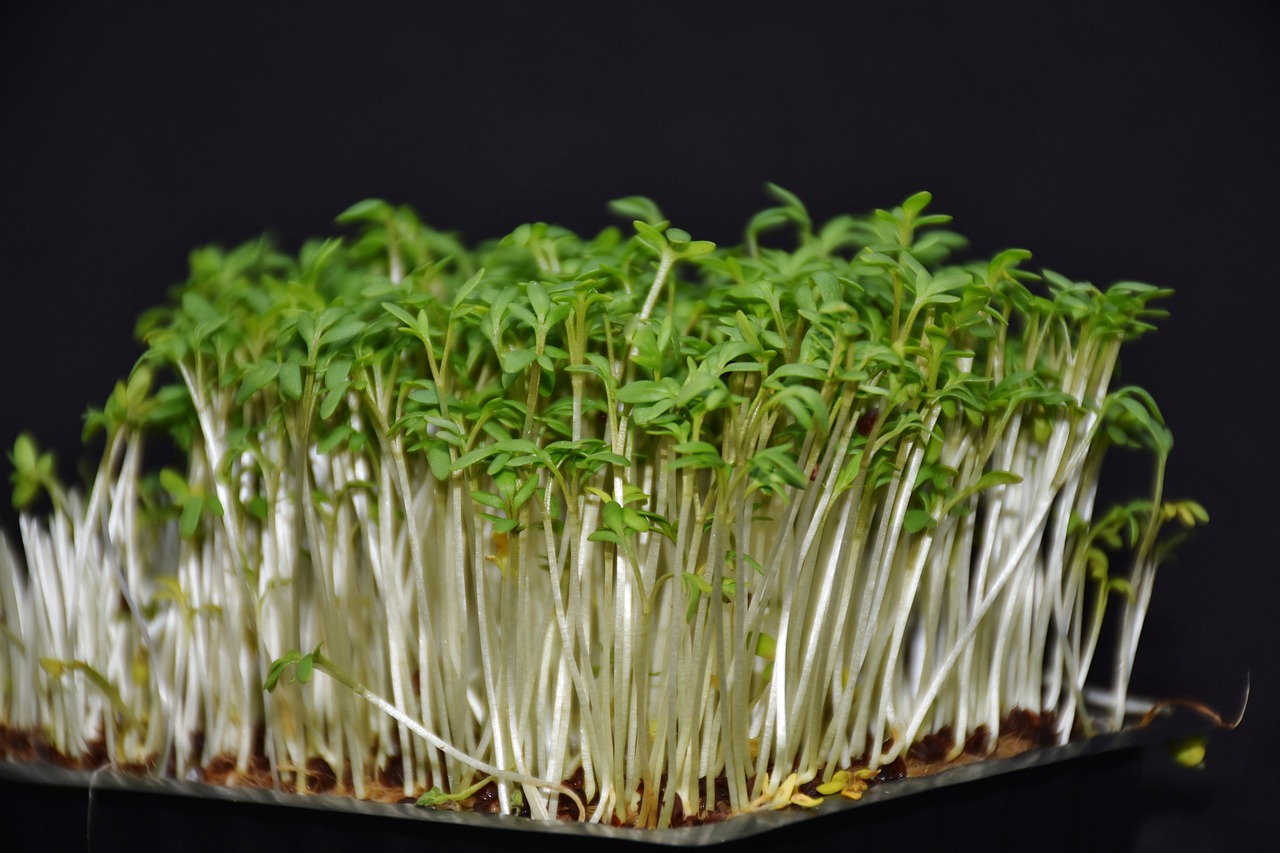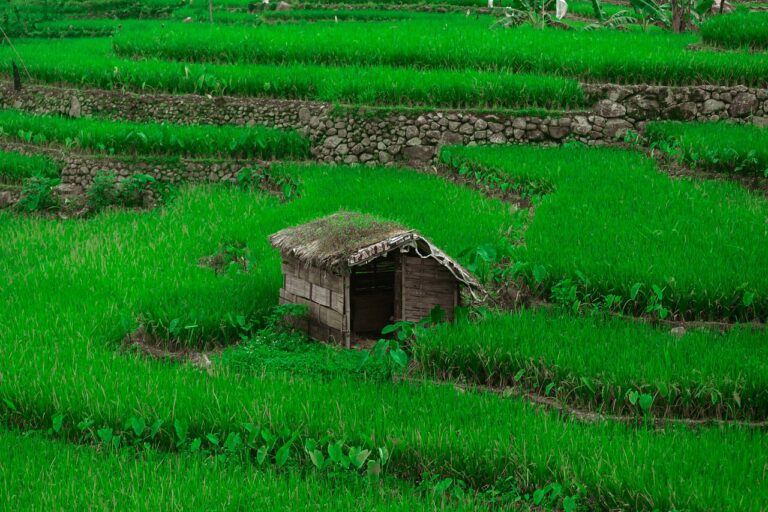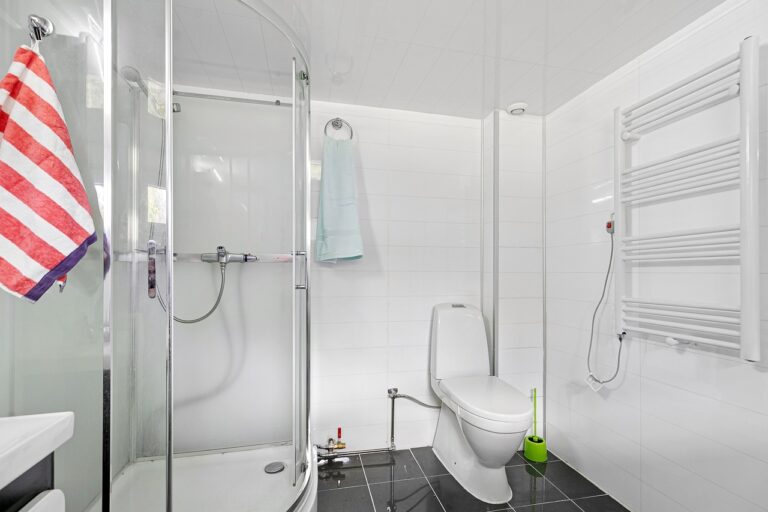The Benefits of Installing a Home Rainwater Collection System
One of the most appealing benefits of implementing water conservation measures in any household or business is the noticeable decrease in water bills. By adopting simple strategies such as fixing leaky faucets, installing low-flow water fixtures, and being mindful of water usage, significant savings can be achieved over time. Many individuals are pleasantly surprised by the substantial reduction in their water bills after making these straightforward changes.
Moreover, conserving water not only leads to financial savings but also plays a vital role in protecting our environment. By using water more efficiently, we can help prevent water scarcity and ensure a sustainable future for generations to come. The ripple effect of reduced water consumption extends beyond individual savings, making a meaningful contribution to broader water conservation efforts in our communities and beyond.
Contribution to Water Conservation Efforts
Water conservation is a critical aspect of environmental sustainability. By being mindful of our water usage, we can significantly reduce the strain on our water resources. Implementing small changes in our daily routines, such as fixing leaks promptly and using water-saving fixtures, can make a big difference in conserving this precious resource.
Furthermore, spreading awareness about the importance of water conservation is essential in encouraging others to join the efforts. By educating the community about the significance of preserving water for future generations, we can collectively work towards a more sustainable future. Each individual contribution, no matter how small, plays a part in the broader goal of conserving water for the well-being of our planet.
How can reducing water usage contribute to lower water bills?
By using less water, you will be charged for a lower amount of water consumption on your water bill, resulting in cost savings.
How does reducing water usage contribute to water conservation efforts?
Conserving water helps to preserve this precious resource for future generations and reduces the strain on water supplies, especially in areas facing water scarcity.
What are some practical ways to reduce water usage at home?
Some practical ways to reduce water usage at home include fixing leaks, installing water-saving fixtures, taking shorter showers, and using water-efficient appliances.
How can individuals contribute to water conservation efforts on a larger scale?
Individuals can contribute to water conservation efforts on a larger scale by practicing water-efficient habits, supporting water conservation policies, and advocating for sustainable water management practices.
Are there any incentives or rebates available for water conservation efforts?
Some utilities and government agencies may offer incentives or rebates for implementing water-saving measures, such as installing water-efficient fixtures or appliances. It’s worth checking with your local water provider or government agency for more information.







